ACLU Says Government Didn't Give Enough Info On Reunited Immigrant Families
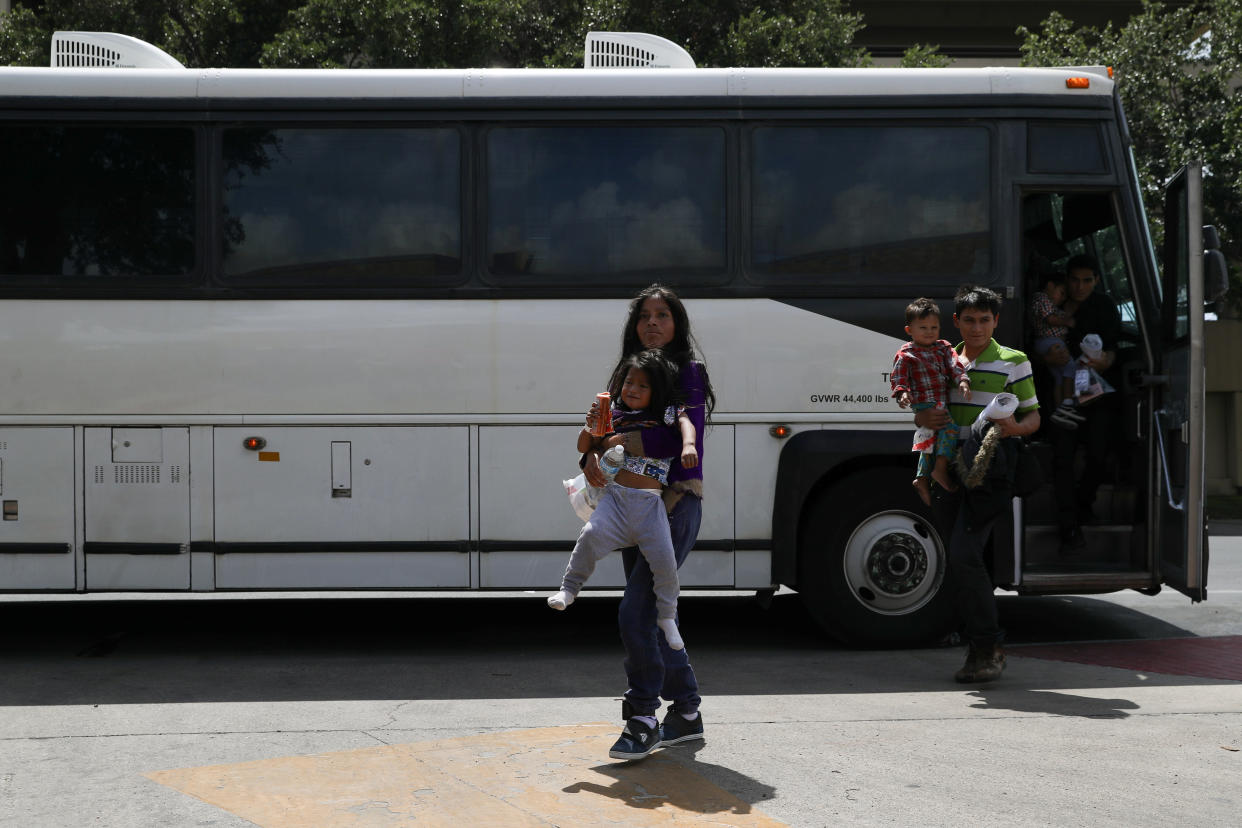
Immigration and Customs Enforcement didn’t tell immigrant rights advocates when and where it was releasing specific families this week, leading to one mother with an infant being left stranded until midnight at a bus stop, the American Civil Liberties Union alleged in a court filing on Thursday.
The court filing was part of a lawsuit that forced the government to reunite families it separated at the border, many of them under the Trump administration’s zero tolerance policy that cracks down on illegal border crossings.
A judge ordered the government to reunite children under age 5 with their parents by Tuesday, and all minors by July 26. The Trump administration said Thursday that it had transferred 58 small children back to their parents’ custody, which it argued was the total figure that could be reunited at that time. Others could not be reunited due to factors with the parents, including 12 who were already deported, others with criminal records or safety concerns and some in criminal custody, the government said.
The Trump administration said in a court filing on Thursday that they believe they are in compliance with the court order by federal Judge Dana Sabraw, even though only 38 children were transferred to be with their parents on or before the Tuesday deadline. Nineteen were reunited on Wednesday and one additional child and parent were reunified by 6 a.m. on Thursday, the government said.
The government said that brief delays were because it was still completing its screening process, which government officials have noted detected some individuals who were not the parents or were not eligible for reunification.
The ACLU, which is representing the families, argued in a court filing that the government didn’t comply with the court order ― not only because it missed the deadline to reunite many parents and children but also because of a lack of information sharing. That lack of information made it difficult to help plaintiffs or even verify that they were reunited, the ACLU said.
The ACLU previously asked in court for information on the status of each child and parent, who were released on ankle bracelets or other monitoring during their deportation proceedings. That way, the ACLU argued, legal service providers could make sure the families had help when they got out of detention and verify the reunification took place.
But the government “only provided a general prediction about how most [families] would be reunified,” the ACLU said in its court filing.
One mother was supposed to be reunified with her child, but “due to an apparent computer malfunction” was kept in an ICE office most of the day and then put back into detention without her parents, the ACLU alleged.
A father was transferred several times to different ICE facilities with no information provided to his attorney, who was then denied access when he was reunited with his child, service providers told the ACLU.
ICE did not immediately respond to a request for comment on the allegations.
For the remaining children who need to be reunited with parents, the ACLU asked in its court filing for the government to give detailed information on each by July 16, including plans for reunification, and a progress report for each day. It also asked for the government to complete its verification process for the parents by July 19. The ACLU argued the government should provide 24 hours notice of the time and place of reunification and allow attorneys to be present.
In addition, the ACLU proposed that the government create a fund to pay for mental health services for children separated from their parents and reimburse families if they were asked to pay for any part of the process. (The government has said that parents have not and will not be forced to pay for DNA testing, travel or anything else to reunite with their children.)
Also on HuffPost
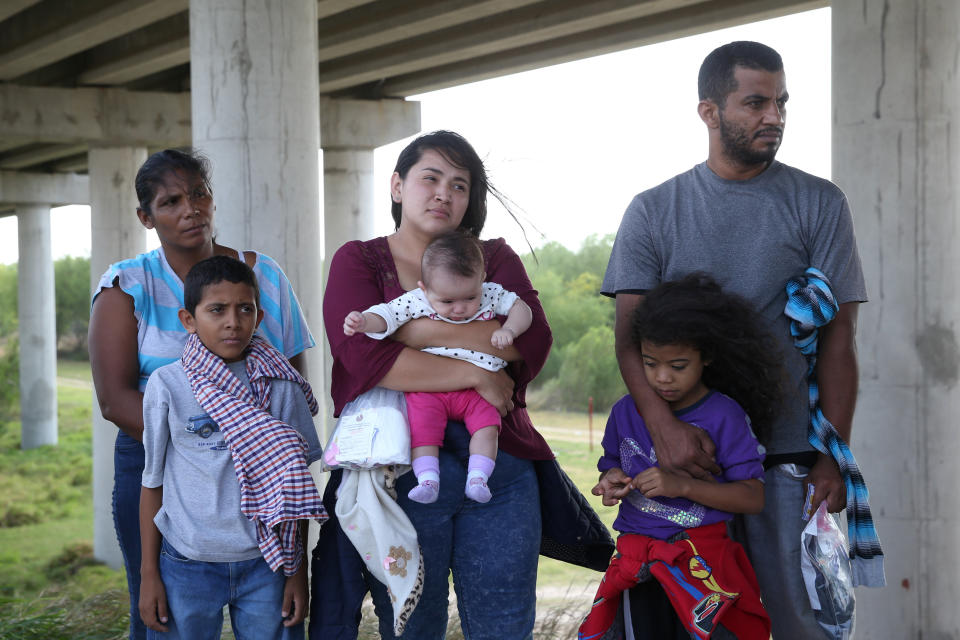

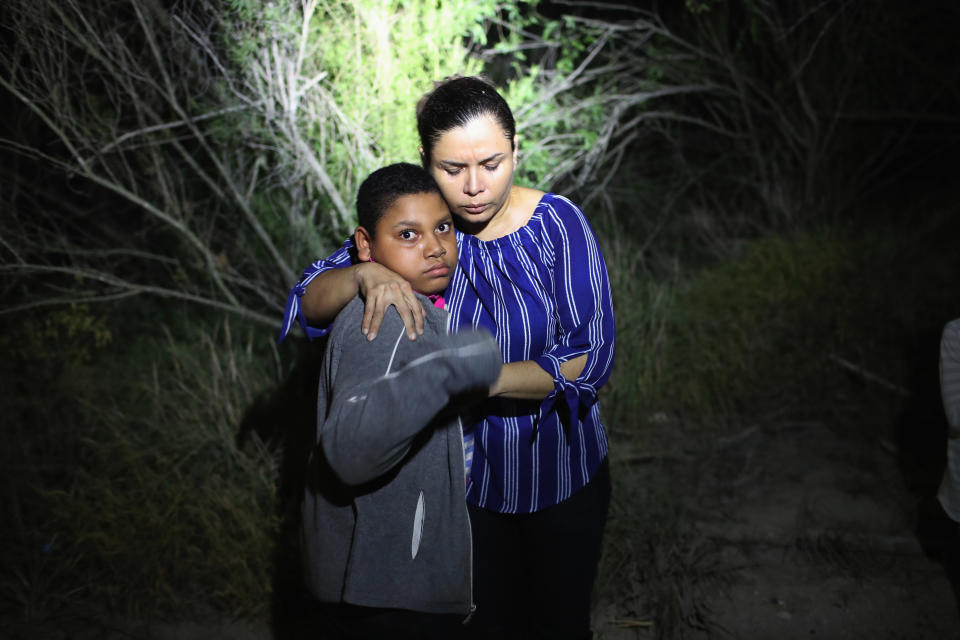
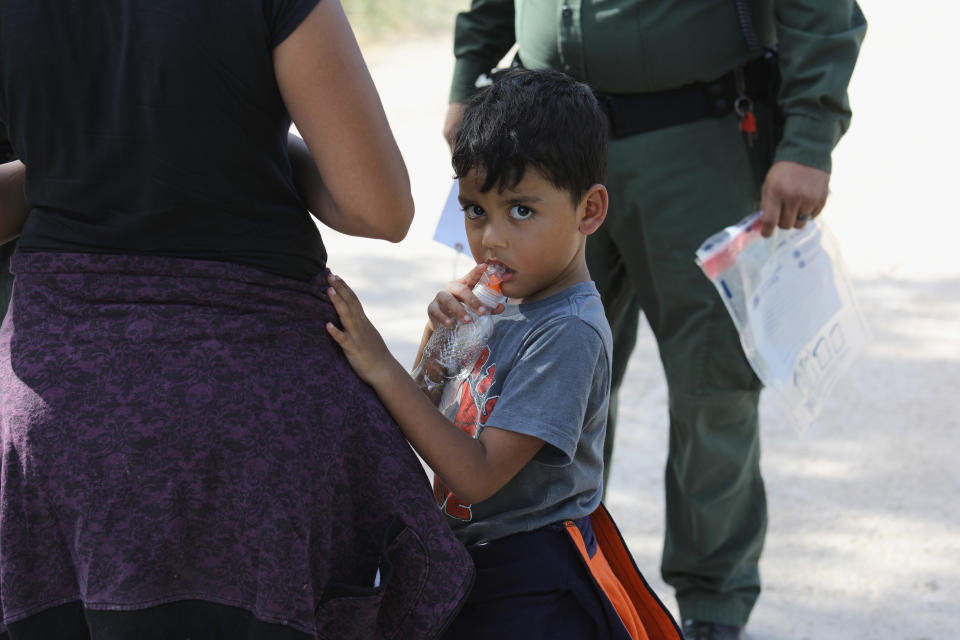
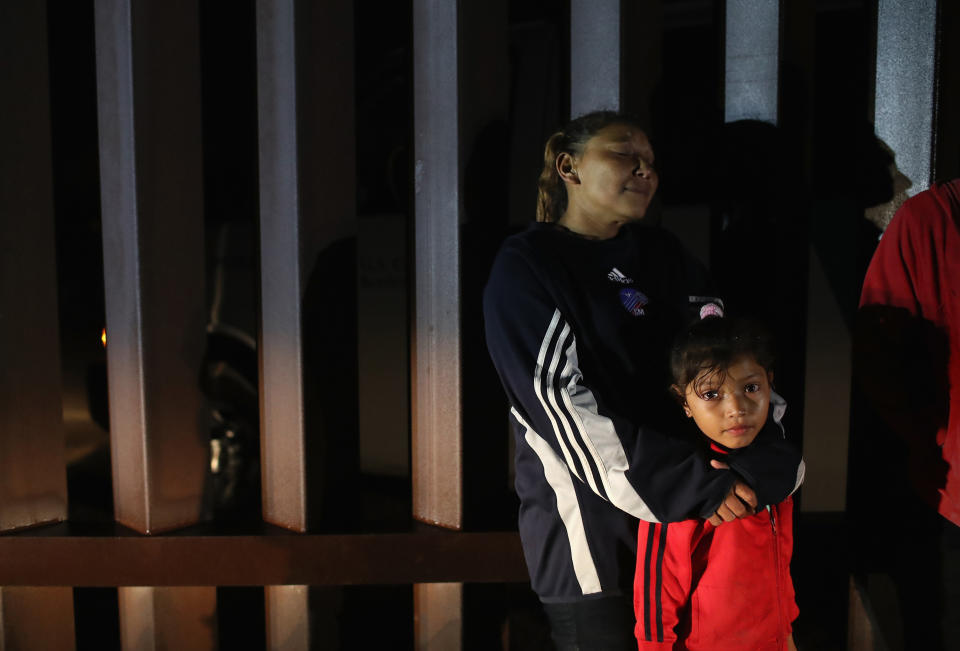
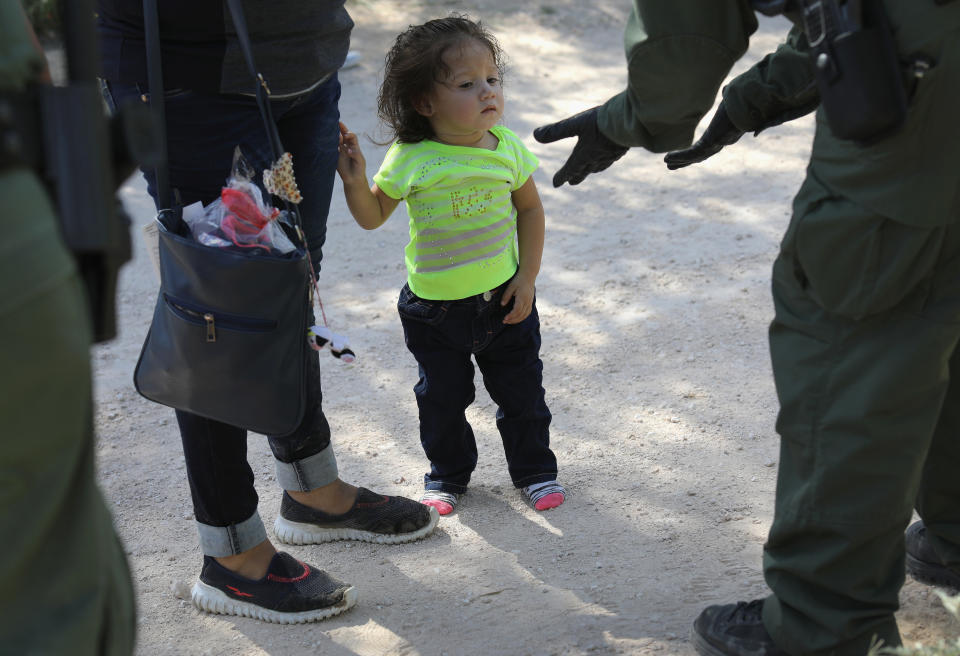

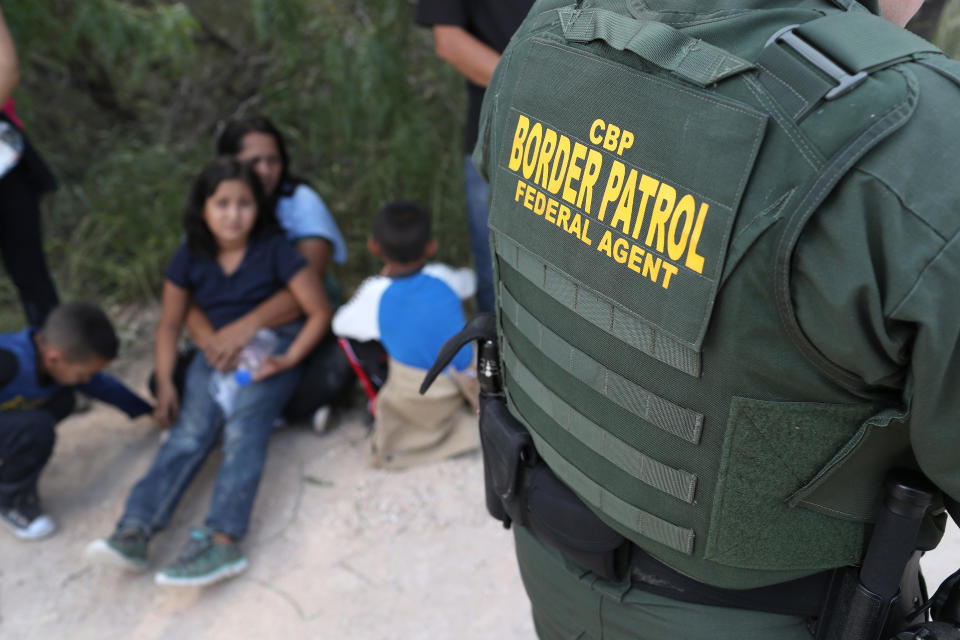
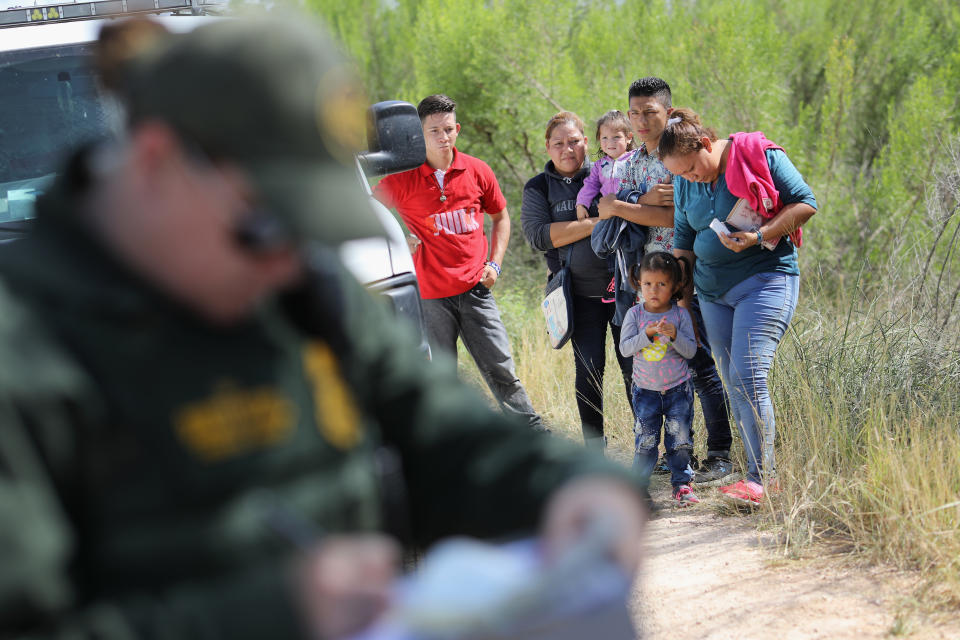
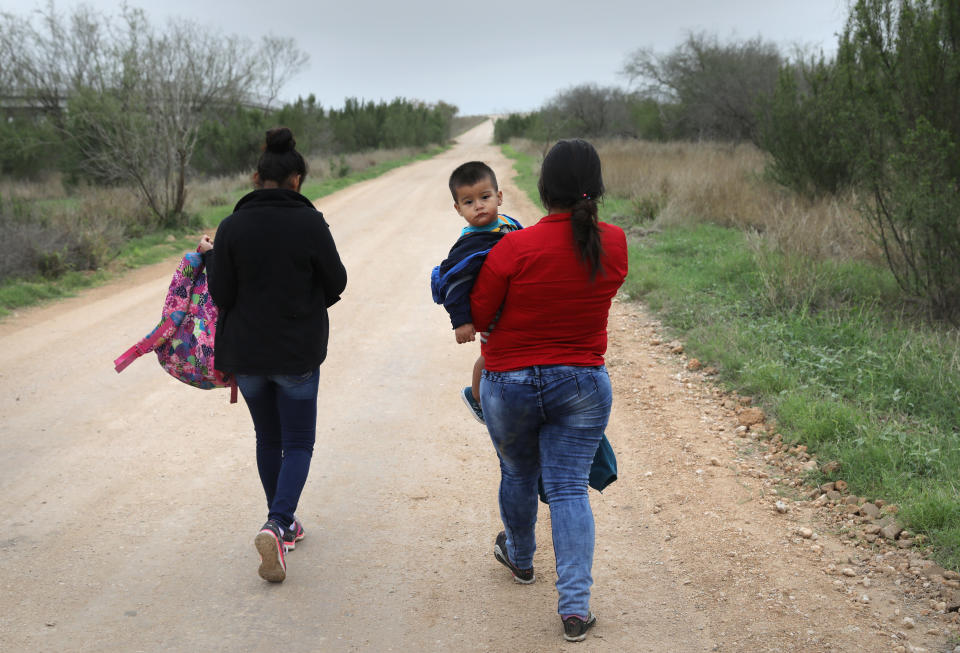
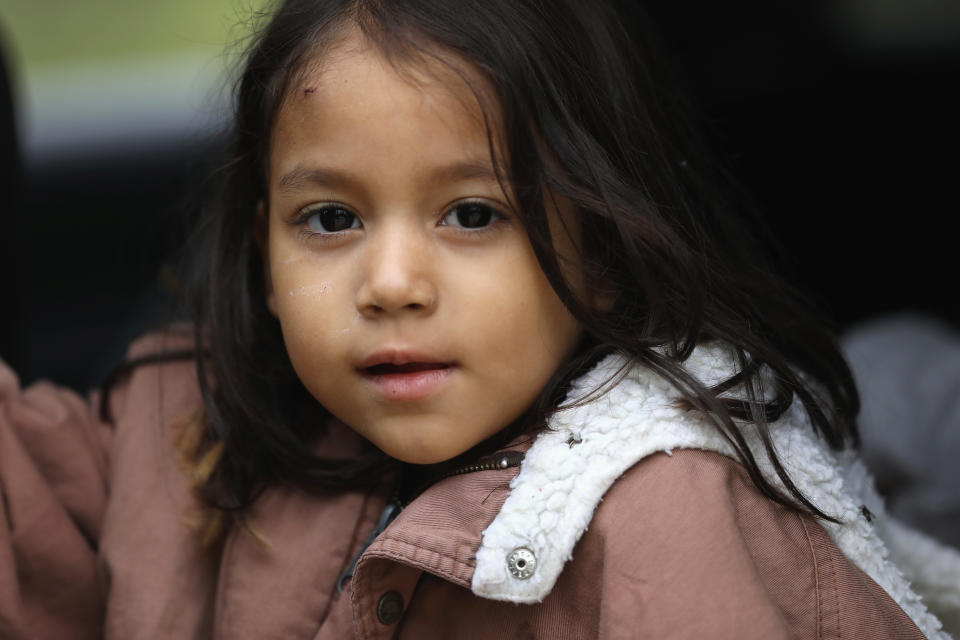
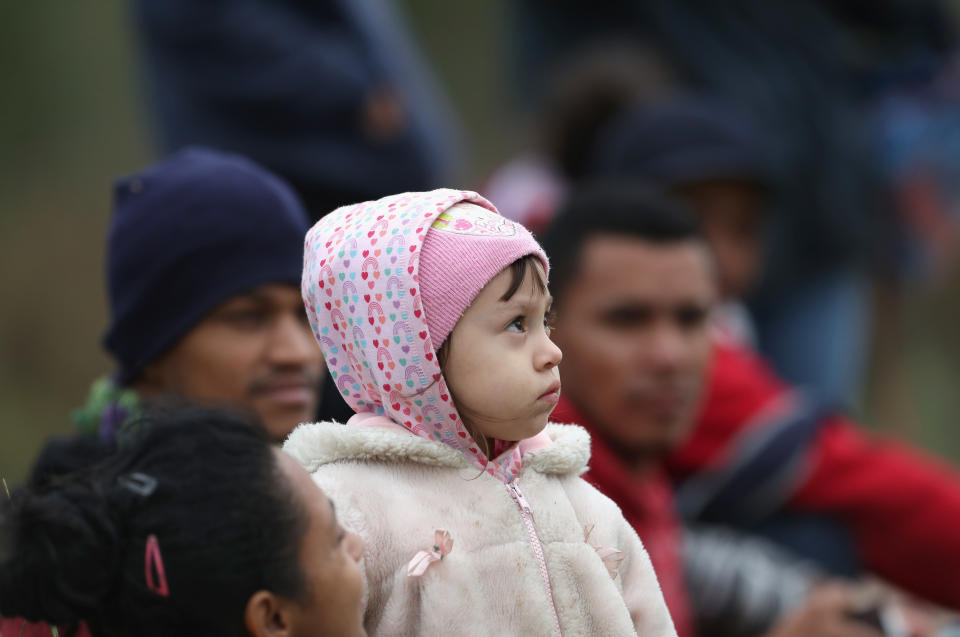
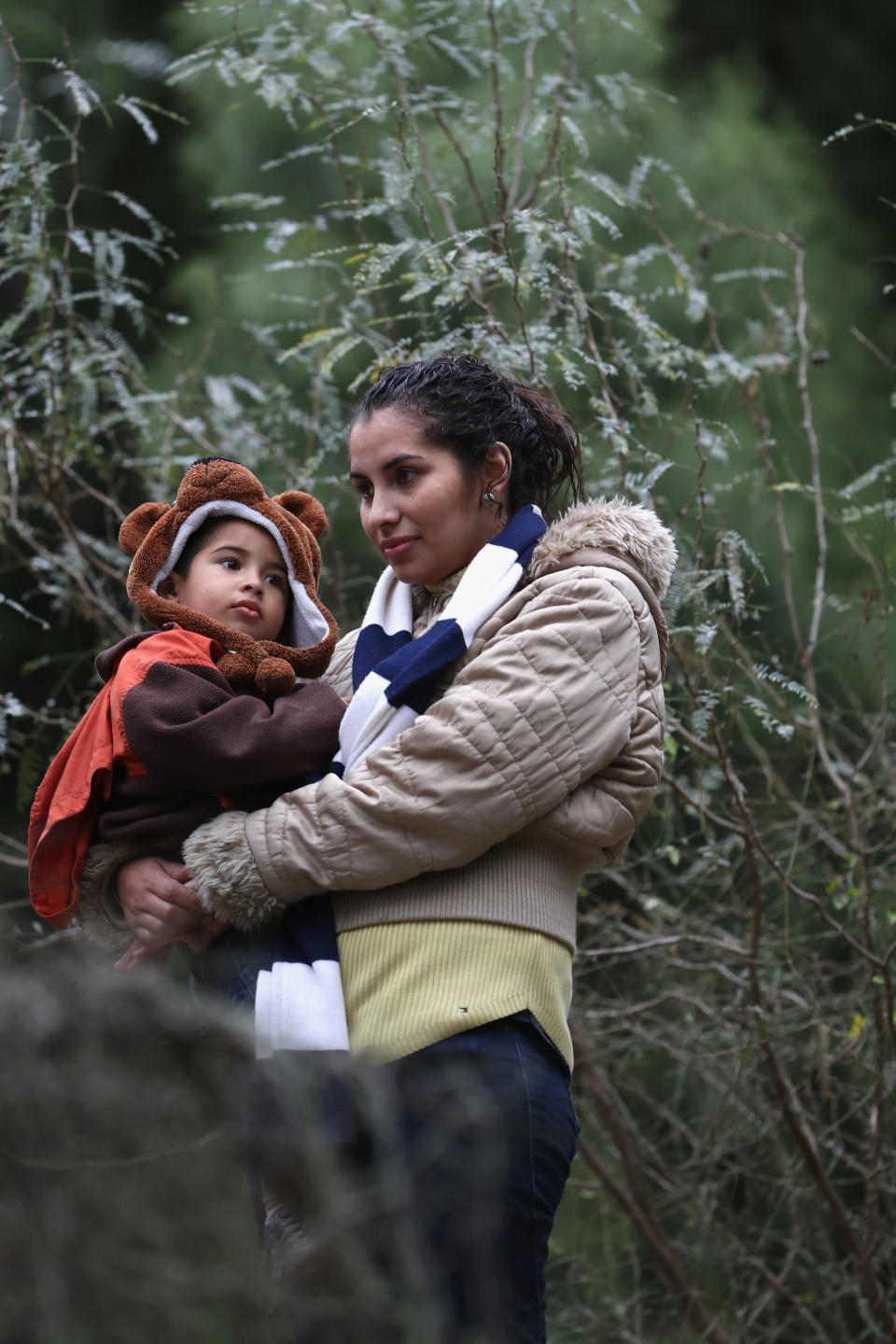
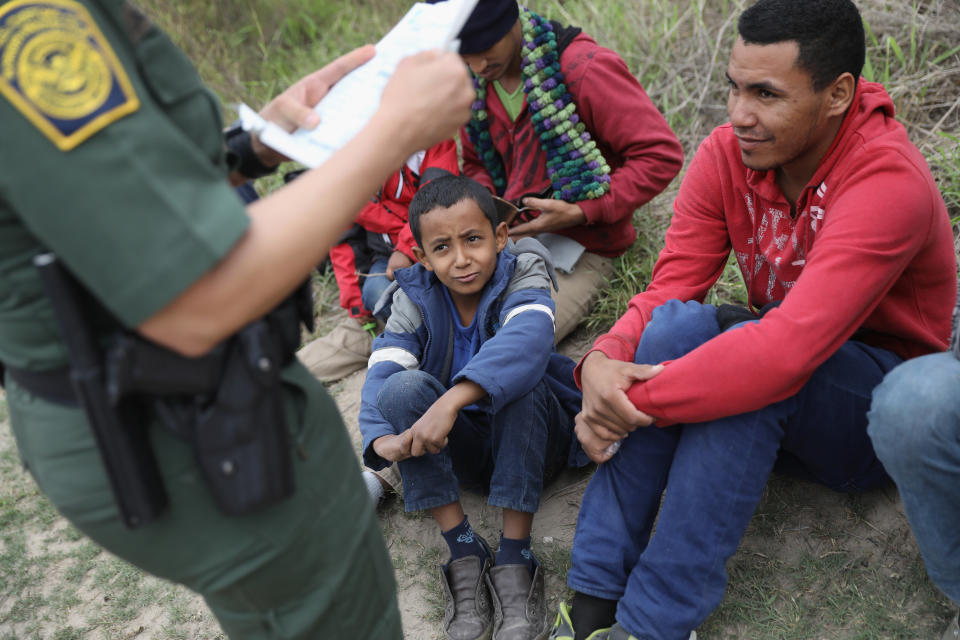
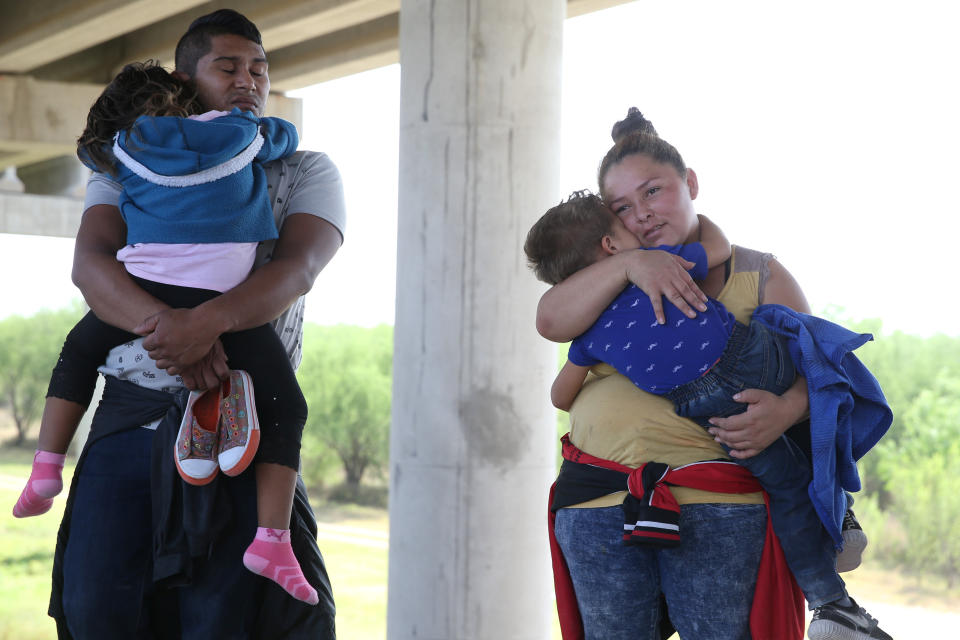
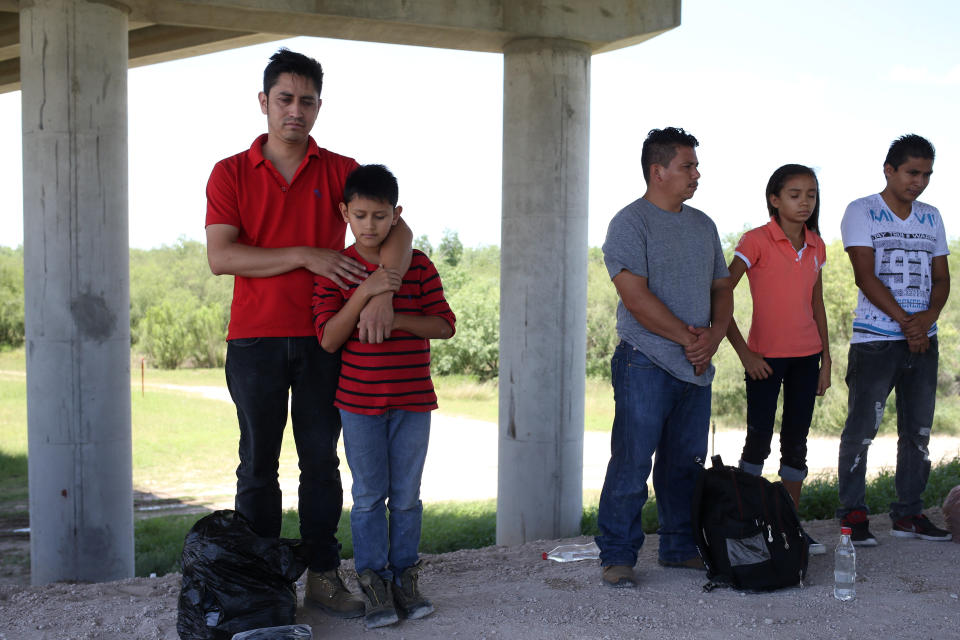

Love HuffPost? Become a founding member of HuffPost Plus today.
This article originally appeared on HuffPost.

